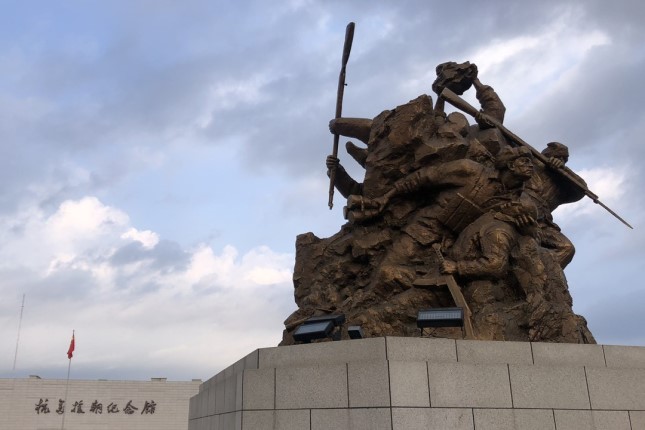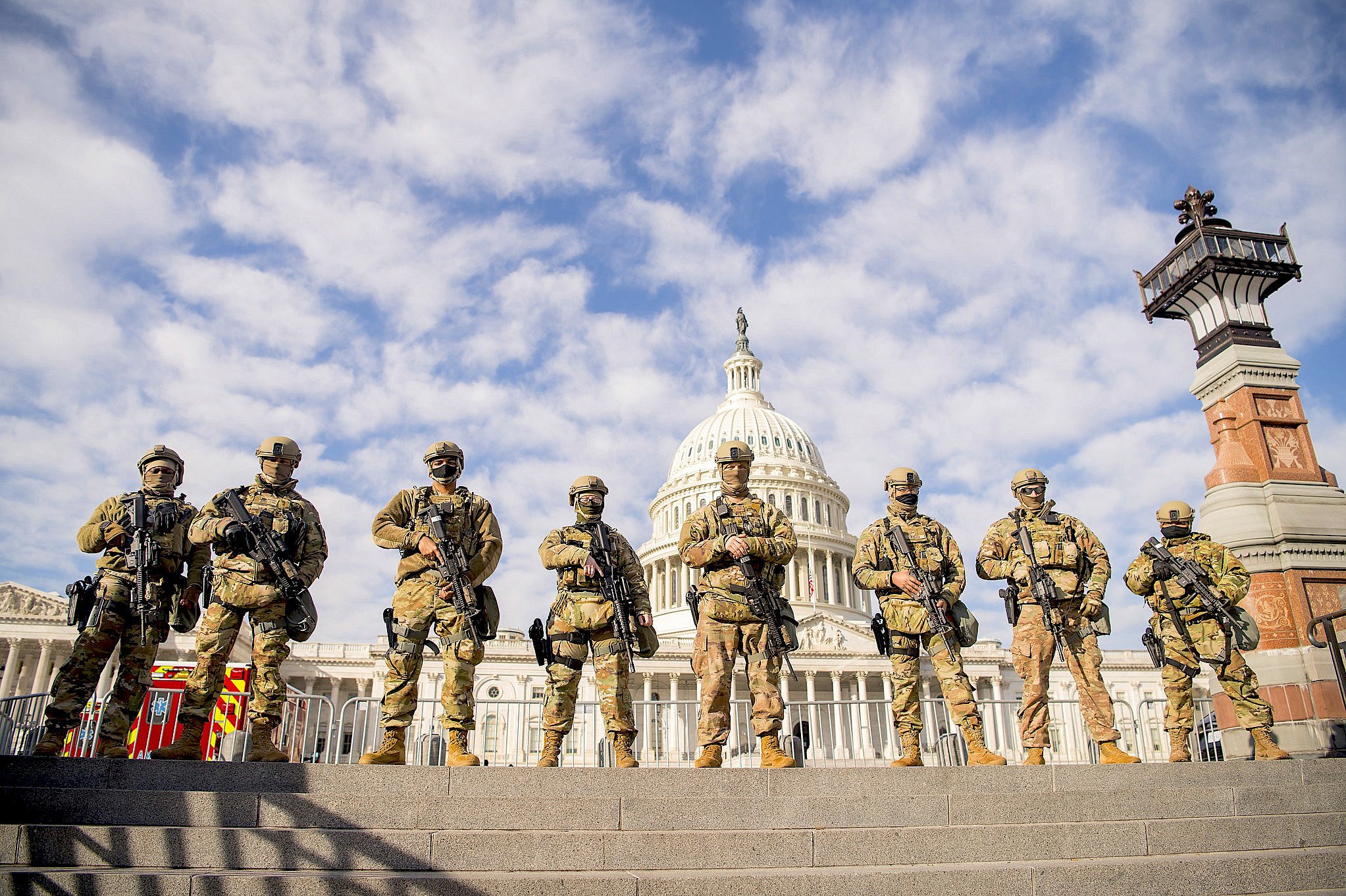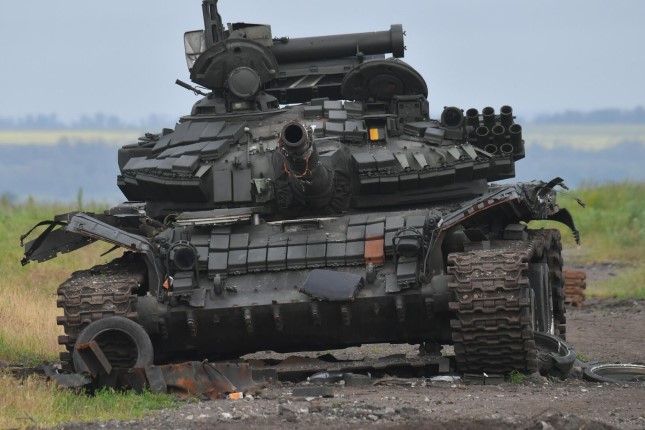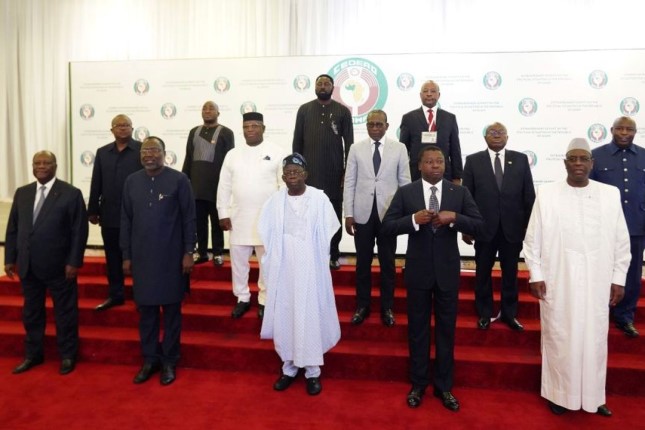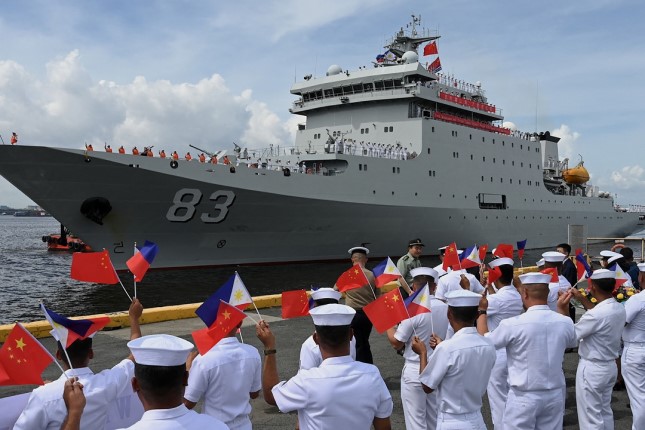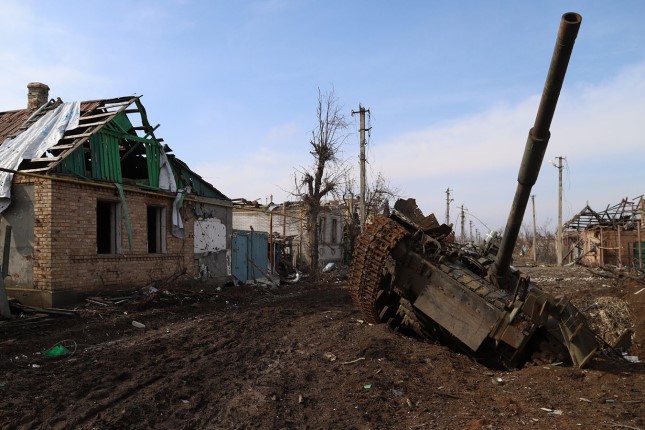July 27 marks the 70th anniversary of the signing of the Korean Armistice Agreement. Prior to this commemorative day, a US nuclear ballistic missile submarine visited Busan, South Korea, the first visit by a US submarine since 1981. Some US congressmen have openly claimed that this move is not only a warning to North Korea but also a deterrent against China.
It appears that the US has not seriously reflected on the lessons learned here, but instead seems to be repeating the mistakes made back then. As a result, at the juncture of the 70th anniversary of the Korean War armistice, it is of significant practical importance and utmost urgency to review the lessons brought about by that war.
The Korean War is one of the most profound regional conflicts following World War II, and it is regarded as the "biggest defeat in the history of the US Army." However, ironically, this "biggest defeat" that was called a "nightmare" has become a "forgotten war" within the US, deliberately overlooked by Washington. This negligence and forgetfulness may leave the American people without the consciousness of drawing lessons from the past when facing new crises, making them susceptible to repeating past mistakes. Yet, what is even more serious, worse, and dangerous is that some American political elites have drawn completely wrong lessons from the Korean War, using them to misguide the US' foreign policy today, leading the country to proactively incite and provoke crises, and even wars.
On July 26, the US magazine Foreign Affairs published an article written by Mike Gallagher, Chairman of the "House Select Committee on the Strategic Competition Between the United States and the Chinese Communist Party," titled "Why America Forgets - and China Remembers - the Korean War." This Washington politician, known for his consistently anti-China stance, summarized three "lessons" that the Korean War taught the US.
The first lesson is that "Washington must not neglect deterrence and readiness," and should always be prepared to fight and enhance military capabilities. He directly mentioned that "the US has failed to make sufficient military investments" in Taiwan. The second lesson is that "politics and combat are deeply intertwined." The third lesson is that "once fighting has broken out, excessive self-restraint can invite further aggression."
These three "lessons" are all targeted at China, specifically referring to the Taiwan question. His arrogance and madness are comparable to that of Douglas MacArthur. We can see that when most Americans lack knowledge and discernment about the Korean War 70 years ago and today's Taiwan question, they can easily be led astray by a few loud and radical voices, resulting in a "herd effect" in American diplomacy. As the US is a superpower, the mistakes it makes often result in strong spillover effects that not only harm itself but also burden the region and even the entire world.
In fact, the US can and should learn valuable lessons from the Korean War. The first is to respect the legitimate security concerns of regional major powers; the second is to restrain the impulse and ambition to interfere in the affairs of other countries. Lastly, the US should never underestimate China's determination and ability to defend its homeland. Disregarding these three lessons happens to be the prominent characteristics of current American hegemonism. The Korean War inflicted a painful price on the US, but if the US fails to learn from it, it will make even greater mistakes in the future.
Before China decided to resist the US aggression and aid North Korea during the Korean War, it had repeatedly sent stern warnings that if US forces crossed the 38th parallel China would not sit idle. However, the US did not take it seriously, thinking that China was only making empty threats and would not take action. As a result, they were caught off guard when they encountered the Chinese People's Volunteers Army on the battlefield. Today, a similar major misjudgment toward China is occurring in Washington. The biggest difference between now and the Korean War era is that China's strength has greatly increased. The consequences of infringing upon China's security interests and national sovereignty will undoubtedly be much more severe.
Back then, when General MacArthur threatened to bring the war to the Chinese mainland, then chairman of the Joint Chiefs of Staff Omar Bradley said, a wider conflict would embroil the US "in the wrong war, at the wrong place, at the wrong time, and with the wrong enemy." The irony of history is that 70 years after the Korean War armistice, the US once again finds itself in a position dangerously close to committing such a terrible mistake. However, it must be clear that if there is another strategic misjudgment this time, the price it will pay will surely be much higher than 70 years ago.
Photo: The Memorial Hall of the War to Resist US Aggression and Aid Korea in Dandong, Northeast China's Liaoning Province © Li Qiao / GT.
Source: The Global Times.
